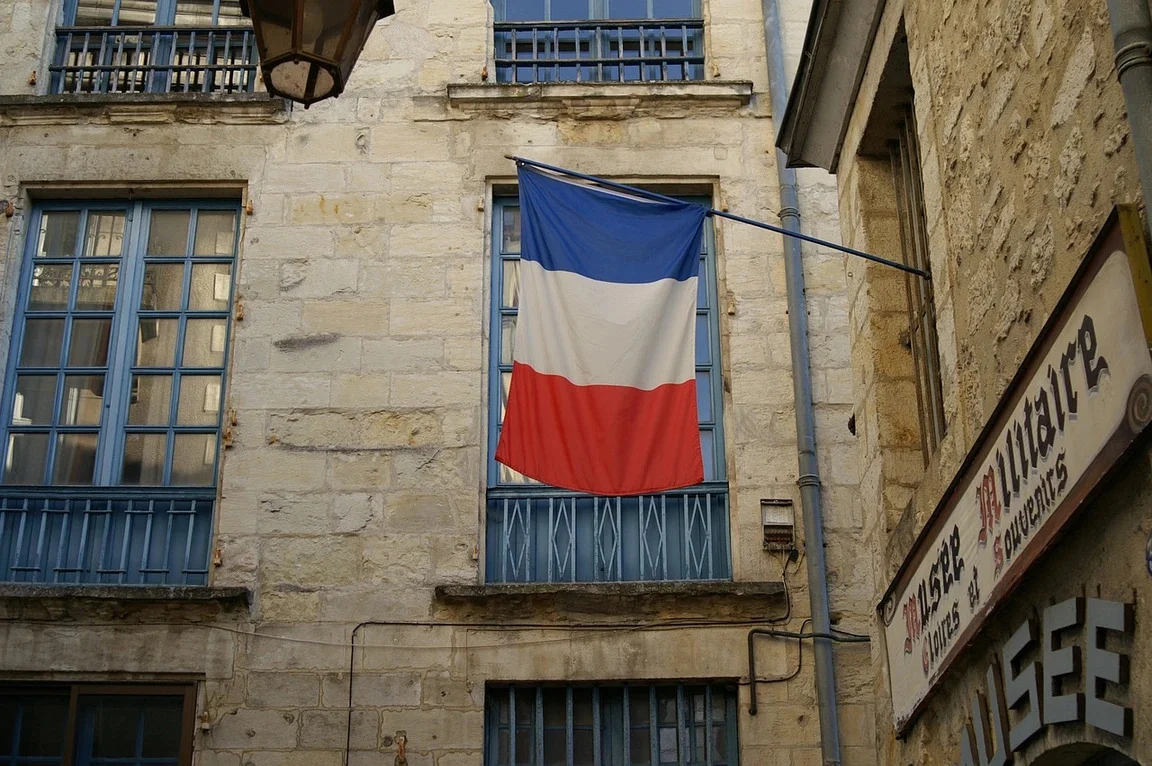French gambling regulator l’Autorité Nationale des Jeux (ANJ) is calling on the online sector to review and reduce its plans for promotional spending in 2025 after revealing this is expected to rise by 11% in the coming year.
Each year, licensed operators in France are required to submit their plans and budget for upcoming promotional spend for approval from the ANJ. The regulator then considers the plans in terms of whether they may encourage gambling harm or appeal to minors.
The ANJ has this year examined the 2025 promotional strategies of France’s 16 licensed online operators as well as those of the La Française des Jeux (FDJ) monopoly and horse-racing focused Pari-Mutuel Urbain (PMU).
Based on its findings, the regulator has called on the four biggest operators to moderate their sponsorship spending to limit the impact it could have on problem gamblers and minors. It has also called for promotional spending plans to be reduced as they are already well established in the market.
These operators will have to present these amendments to the ANJ on 17 February to ensure they have been followed.
In terms of what operators are planning for 2025, the ANJ said promotional investments across the 16 licensees will rise 11% on 2024. This is expected to reach approximately €695 million (£577 million/$724 million), covering both marketing spend and bonuses for players.
Investment in player bonusing will increase 11%, representing 58.5% of the sector’s overall budget.
It believes many will seek to consolidate their player bases, and strategies are being driven by cross-selling efforts.
Lastly marketing spend is set to rise by 12%, partly due to the increase in advertising budgets by an estimated 5%. Of this, digital media will account for 45% of all marketing investments, while sports sponsorship is set to rise 23%.
Having analysed the strategies for 2025, the ANJ has now made several requests to prevent overexposure to advertising and gambling harm.
Core to this is that the four largest online operators reduce their promotional budgets for the coming year. The ANJ did not declare the identity of these operators but did say their budgets accounted for 85% of all planned promotional spend.
Setting out its reasoning, the regulator said the operators are already well established in the market. As such, it said spending across marketing and financial retention rewards should be reined in. The quartet must submit their amended strategus to the ANJ by 17 February.
Other, more general requests from the regulator include a call to “exercise moderation” with sports partnerships. This, the ANJ said, will help limit the impact such deals could have on harm and gambling among minors.
In addition, the ANJ said operators must ensure they do not encourage excessive gambling with their marketing and promotional activities. It requested licensees carefully monitor their campaigns to prevent such issues.
“Similarly, operators will have to pay particular attention to commercial communications concerning the most addictive offers, such as fast poker tournaments,” the ANJ added.
ANJ says operators largely met its 2024 recommendations
Reflecting on its 2024 evaluation, the ANJ noted that operators had largely incorporated its recommendations, including decreasing marketing spend by 8% below their forecast budgets.
It applauded operators for working with influencers that do not have a large audience among children (aged 13 to 17).
In addition, the ANJ noted how two major sports events in 2024 had led to a rise in online player accounts. The summer Olympic Games and football’s Euro 2024 helped push player accounts up by 13% across the sector.



